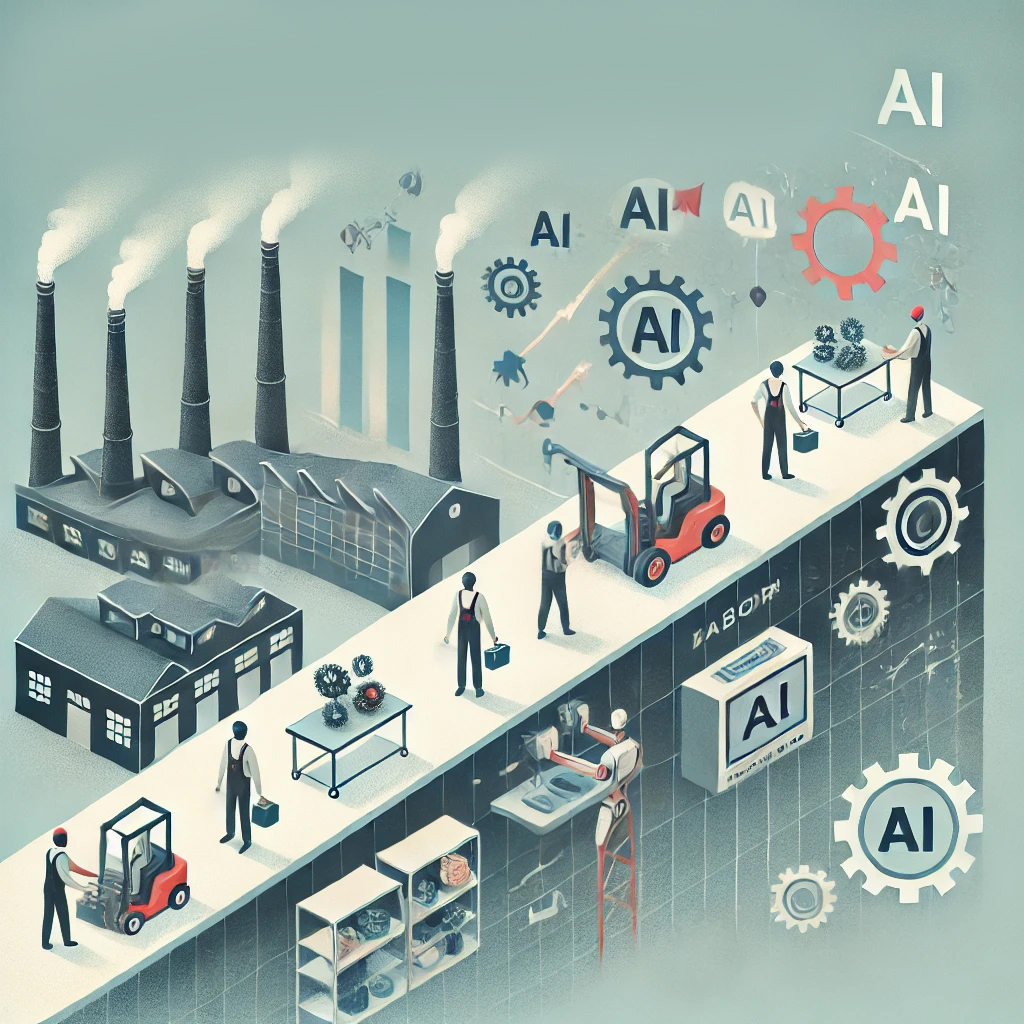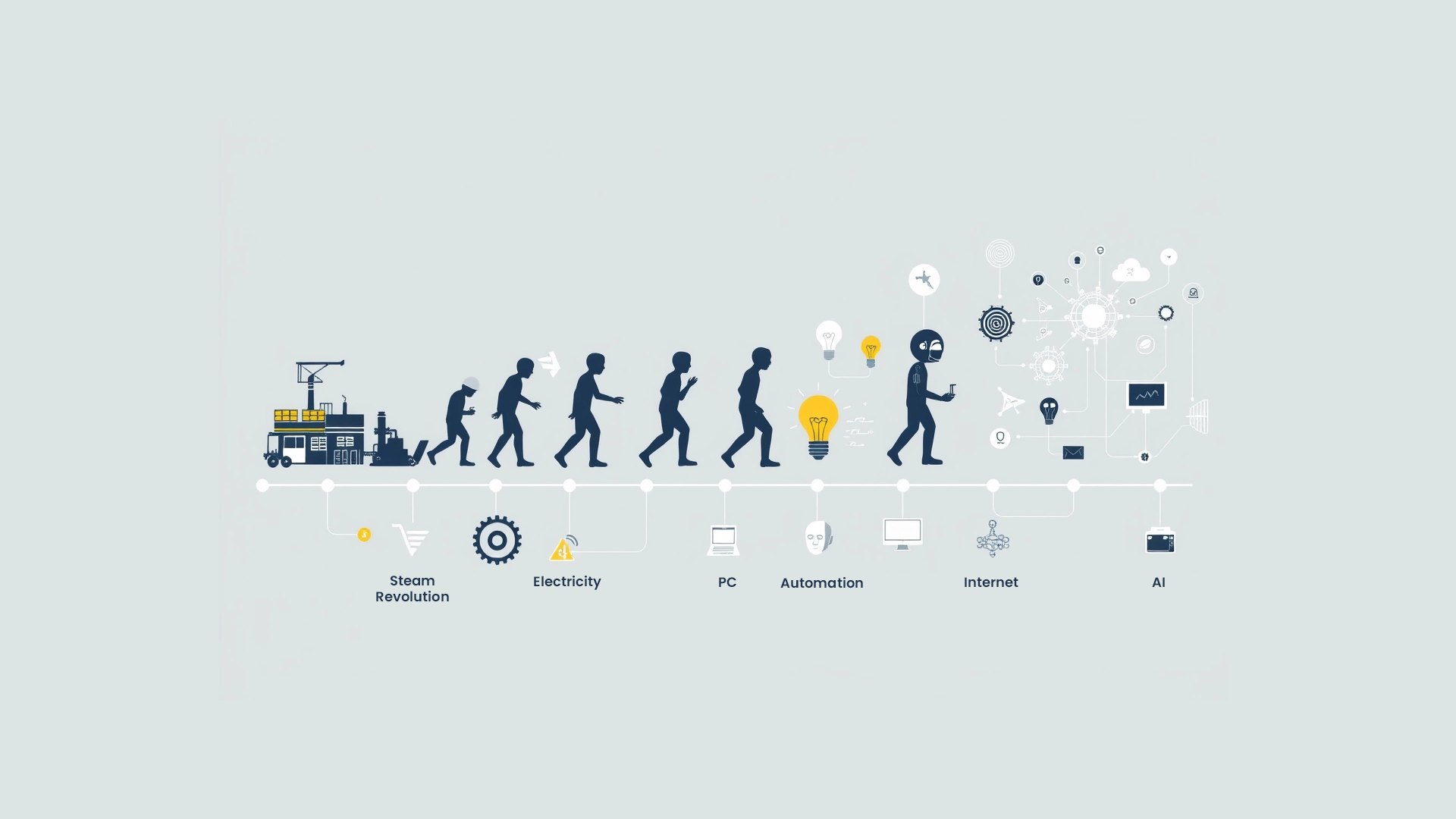Artificial Intelligence and Data Annotation
Data annotation is one of the most critical stages in training artificial intelligence (AI) systems. Data annotation refers to the process of labeling, categorizing, and making sense of raw data. For AI to learn correctly and make decisions, high-quality and accurately labeled data are required. However, if this process is done incorrectly, the AI may learn incorrectly and produce faulty results. In this article, we will discuss what data annotation is, the role of humans in this process, the future of the global market, the work being done in Turkey, and the costs and processes involved in establishing a simple corporate AI system.
What is Data Annotation?
Data annotation is the process of making the data used to train an AI model meaningful. Raw data, such as images, text, sound, or video, is categorized through labeling. For example, in an image processing model, the objects within each image must be labeled correctly for the model to identify objects accurately. This way, the model can learn from these data points and make predictions on new data.
What Happens if Data Annotation is Done Incorrectly?
Incorrect or incomplete data annotation can lead to AI producing faulty results. If data is labeled incorrectly, the model cannot learn correctly and may make wrong decisions when applied in the real world. For instance, incorrectly labeled health data can cause an AI to make incorrect diagnoses, which can lead to serious consequences. The results of incorrect data annotation include:
- Faulty model outcomes and poor performance
- Failure in real-world applications
- Increased costs and inefficiency
- Loss of user trust
What is the Role of Humans in Data Annotation?
The data annotation process largely relies on human labor. Humans manually label data to create a meaningful dataset for AI learning. However, this process is time-consuming and costly. It requires human intelligence and attention to ensure it is done correctly. A mislabeling error can lead to the faulty results mentioned above. At this point, AI plays a complementary role to human intelligence. In the future, AI-based tools are being developed to automate this process, but for now, human involvement remains indispensable.
Global Market Situation
Since data annotation is a critical component of AI and machine learning models, it is a rapidly growing market globally. By 2023, the value of data annotation services has reached billions of dollars, and this figure is expected to grow exponentially by 2030. This growth is directly linked to the increasing use of AI applications across various sectors such as healthcare, automotive, retail, finance, and more.
By 2030, AI is expected to penetrate more sectors, and with advancing technologies, the data annotation process will become more automated. However, human oversight and validation will continue to be highly important, at least in the short term.
What to Pay Attention to in the Market?
To succeed in the data annotation market, attention should be paid to the following points:
- High-Quality Data: It is essential that the data used is accurate, up-to-date, and error-free.
- Correct Labeling: Properly categorizing the data is crucial for the success of AI models.
- Data Privacy: Especially when personal data is involved, adherence to data security and privacy standards is required.
- Continuous Improvement: The data annotation process should be constantly monitored and open to improvement. As AI evolves, data annotation processes should become more efficient.
The Process and Cost of Creating a Simple Corporate AI System
In the process of creating a corporate AI system, data annotation is a critical step. The cost and difficulty of this process depend on the amount and quality of the data the company has and the complexity of the AI solution. A basic process includes the following steps:
- Data Collection: The first step is to collect the dataset to be used. This can be data the company already has or data obtained from external sources.
- Data Annotation and Labeling: The data needs to be categorized and labeled accurately. This process may require human labor, and the cost can be calculated per labeling task.
- Model Training: Once the dataset is ready, the AI model is trained using this data.
- Validation and Testing: Validation is performed on test data to ensure the model works correctly.
Costs can vary depending on the amount and quality of data, but large-scale data annotation processes generally require significant investment. For small and medium-sized businesses, this can be a new business opportunity in Turkey as well.
Conclusion
Data annotation is one of the most critical parts of AI and machine learning projects. When done correctly, it forms the foundation for high-quality AI models, but when done incorrectly, it can lead to major problems. AI and data annotation processes will gain even more importance by 2030, and automation will provide significant growth in the global market. In Turkey, significant steps are being taken in this field, and local companies have the potential to offer competitive solutions worldwide.
Other Articles










